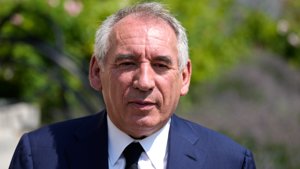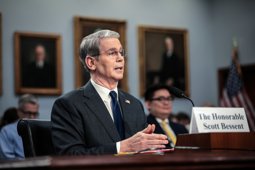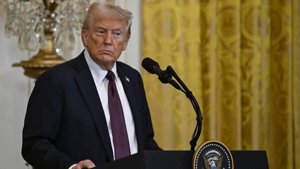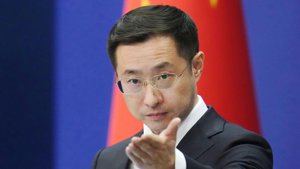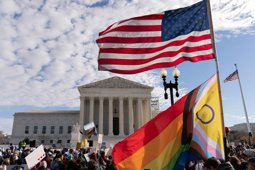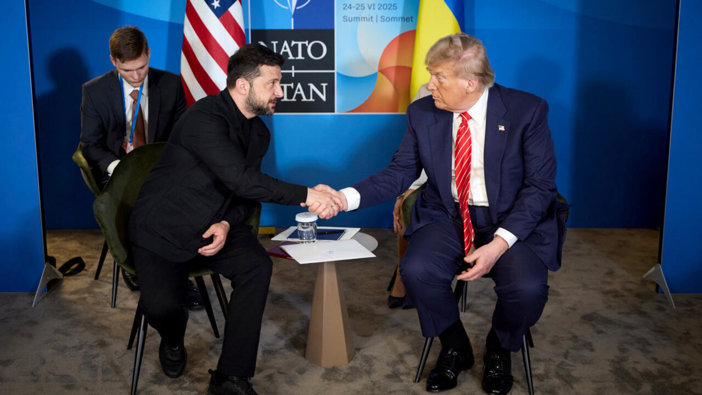
Zelenskyy Thanks Trump for U.S. Ukraine Support at NATO Summit
Ukrainian President Zelenskyy publicly thanks Trump for U.S. support after months of diplomatic tension and calls for peace.
Zelenskyy Voices Gratitude at NATO Summit After Months of Strain
Ukrainian President Volodymyr Zelenskyy has publicly expressed his gratitude to President Donald Trump and the United States for continued support of Ukraine, marking a notable shift in tone following months of friction over the direction of U.S. policy toward Kyiv. The exchange occurred during the NATO summit in the Netherlands, where Zelenskyy and Trump held direct talks on Wednesday.
The meeting between the leaders came after a period of sometimes-tense relations. In February, Zelenskyy’s White House visit was marked by pointed debates with both Trump and Vice President JD Vance over the path to ending the war with Russia. During that Oval Office encounter, Vance pressed Zelenskyy about his willingness to thank the U.S., questioning whether he had voiced appreciation during the meeting. Zelenskyy instead challenged the value of diplomacy, emphasizing skepticism about Russian President Vladimir Putin’s reliability, and the meeting ended with Trump halting peace negotiations, insisting Zelenskyy could return when he was ready for peace.
On Wednesday, however, the Ukrainian leader took to X (formerly Twitter) to ensure his appreciation was unambiguous. “We covered all the truly important issues. I thank Mr. President, I thank the United States. We discussed how to achieve a ceasefire and a real peace,” Zelenskyy wrote, emphasizing a renewed focus on protecting Ukrainian civilians and moving closer to a lasting resolution. “We appreciate the attention and the readiness to help bring peace closer. Details will follow.”
Diplomatic Efforts and Ongoing Challenges
Despite their occasionally sharp public exchanges, Trump and Zelenskyy have maintained open channels, speaking over the phone and meeting in person at international venues—including at St. Peter’s Basilica in Vatican City during the funeral of Pope Francis in April. The ongoing dialogue underscores both the complexity of securing peace and the persistent challenges in coordinating U.S. and Ukrainian strategy in response to Russia’s aggression.
Addressing reporters after the NATO summit, Trump acknowledged that his administration had not yet succeeded in brokering a peace deal between Ukraine and Russia. He characterized both Putin and Zelenskyy as “more difficult” negotiating partners than he had encountered in previous conflicts, noting, “Frankly, I had some problems with Zelenskyy. You may have read about him, and it's been more difficult than other wars.”
Still, Trump described their latest conversation as constructive, calling Zelenskyy “very nice, actually… a little rough at times,” and indicated that further talks with Russian leadership would follow. “I think he’d like to see an end to this,” Trump said, highlighting the urgency felt by all parties to resolve the devastating conflict.
As efforts to reach a ceasefire continue, Zelenskyy’s public acknowledgment of U.S. support signals a new phase in U.S.-Ukrainian relations. While fundamental disagreements remain, both leaders appear committed to exploring diplomatic avenues and reducing hostilities. The world’s attention now turns to whether this latest dialogue will produce tangible steps toward a comprehensive peace agreement.

